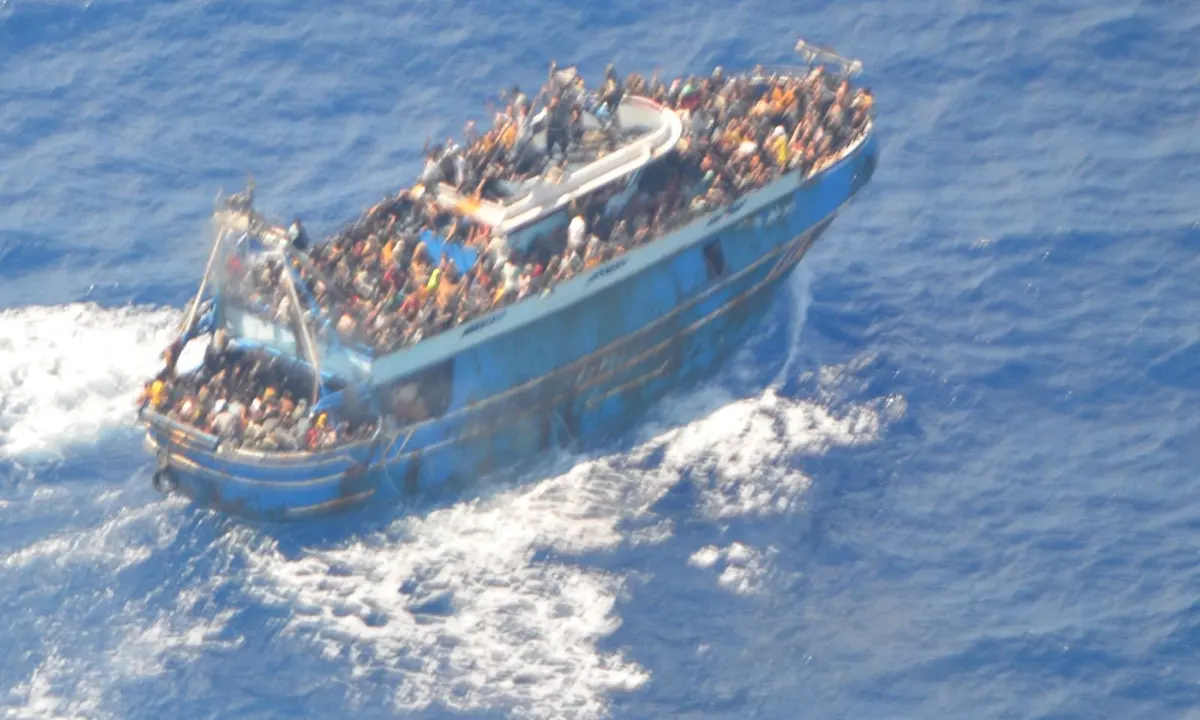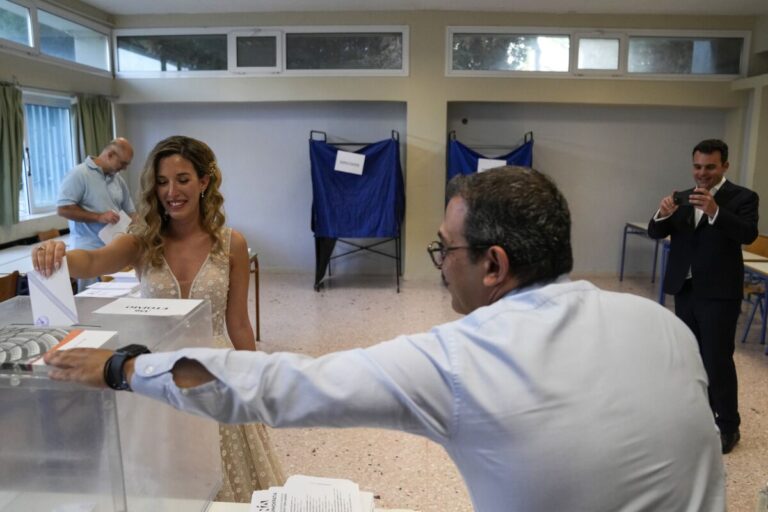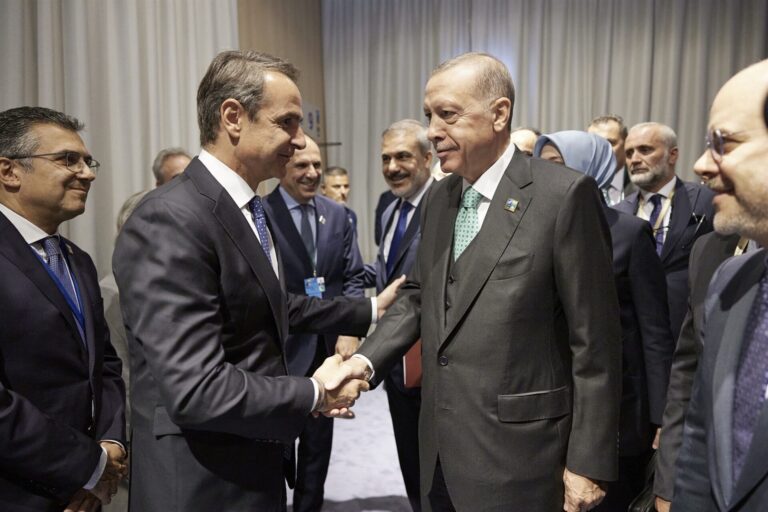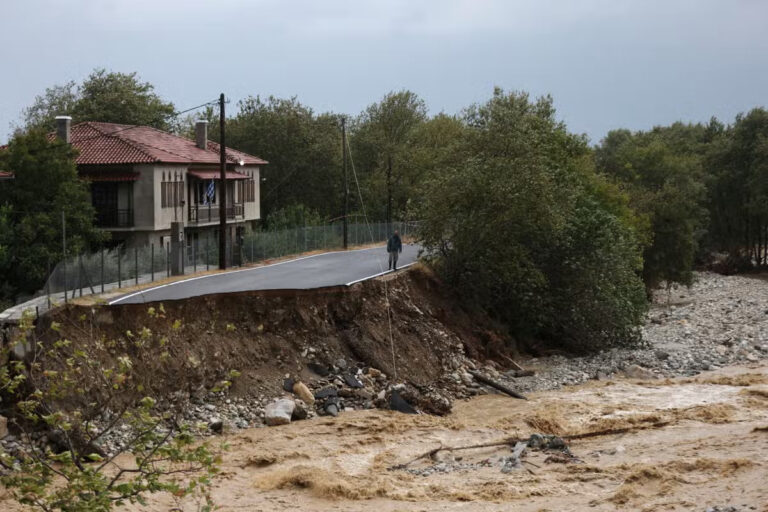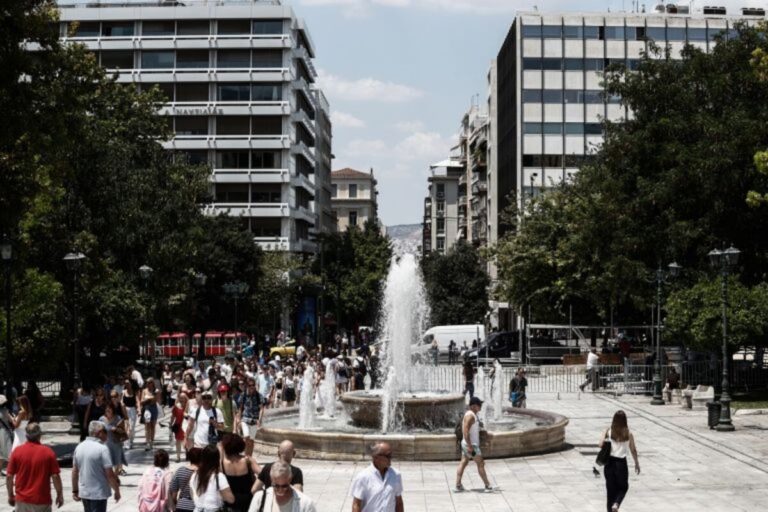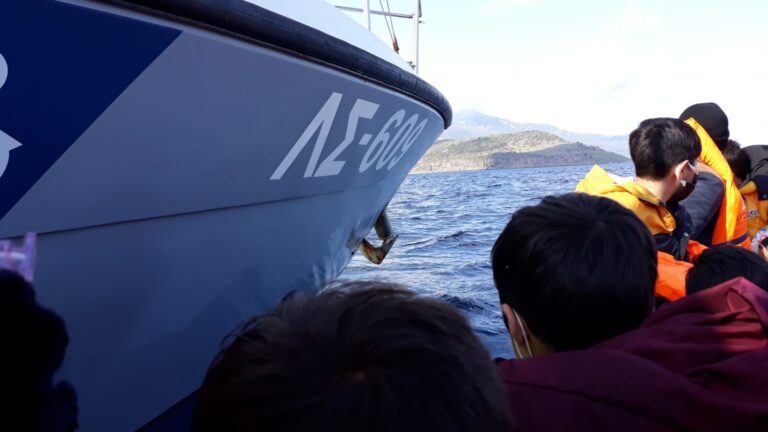Disparity between rescue responses has sparked debate in Pakistan about double standards
Anees Majeed, who lost five relatives in the boat that sank off Greece on 14 June, watched in disbelief and growing anger as a frantic, multimillion-dollar rescue effort played out for five other men lost at sea last week.
Like thousands of others across Pakistan, Majeed, a law student from Pakistan-administered Kashmir, grieved at funeral prayers without a body to bury. At least 350 Pakistani citizens were on the overcrowded craft, the interior minister, Rana Sanaullah, confirmed on Friday.
There is little hope Majeed’s cousins will ever be found or brought home. The family are tormented by rising evidence that European authorities knew the boat was in trouble but did not intervene.
Yet as they began their mourning, a vast operation, involving craft from several countries, was getting under way. Its target was five men, also lost in the depths of the ocean, but on a trip they had chosen as an adventure, not one they were driven to make out of desperation. Two of them were also Pakistani citizens, but from the opposite end of the social scale to Majeed’s cousins – businessman Shahzada Dawood and his 19-year-old son Suleman.
The contrast between two tragedies at sea, the scale of efforts to rescue those in danger, and the global media response to both stories has stirred debate inside Pakistan about national and international inequality, and the different values put on human lives.
“We were shocked to know that millions would be spent on this rescue mission,” Majeed said. “They used all resources, and so much news came out from this search. But they did not bother to search for hundreds of Pakistanis and other people who were on the Greek boat.
“This is a double standard … they could have saved many of the people if they wanted, or at least they could have recovered the bodies.”
“It’s not the fault of five men that hundreds of people died off Greek shores. But it is the fault of a system where the class disparities are so huge,” said one senior journalist at a major Pakistani outlet, who asked not to be named. “When people point that out, it is misunderstood as hatred.” She said local media coverage of the migrant deaths may also have been curtailed by fatigue from reporting years of death and trauma from violence and natural disasters at home.
Still, the scale of the Mediterranean tragedy was hard to grasp. With more than 300 deaths, the toll exceeded any terror attack in the country’s history, Sanaullah said.
Pakistan’s often slow-moving authorities said they had arrested 14 suspects in connection with alleged human trafficking, and the country had a day of national mourning.
That did little to console grieving relatives. Abdul Karim, 36, a shopkeeper from a village near the de-facto border with India in Kashmir, lost a cousin and uncle on the boat.
Source: The Guardian

